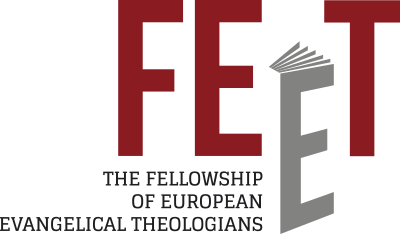Jan Hus as a figure of pan-European significance and the Czech metanoia regarding his legacy
July 2015 has brought the 600th anniversary of Jan Hus`s martyrdom at the Church Council in Konstanz (1415). His cruel death at the stake was the beginning of prolonged wars between the Roman Catholic papacy and the emperor on one side and the Czech Reformation movement on the other. After 150 years the Reformation movement was defeated, the Counter Reformation introduced, Protestant churches destroyed, and the Czech nation was forced to become Catholic. After the Thirty-year war Jan Hus was officially considered an infamous Czech rebel and heretic. Yet in the 19th century people fighting for national renewal used Jan Hus as a national hero and political figure. The first President of the modern Czechoslovak Republic, T. G. Masaryk, made Hus an example of a national hero with important religious and philosophical emphases and programmes. In the long fight against the Habsburg monarchy, many people regarded Hus as a weapon against Roman Catholicism. The Communist take-over in 1948 brought another misuse of Hus: Marxism-Leninism interpreted Jan Hus as a social reformer, revolutionary and almost the first communist.
Many Czechs, even secular people, admire Hus and see him as a rare example of an important figure who traverses the cultural, philosophical and religious spheres. In our new situation of political and religious freedom there are still sharp differences in the treatment of Hus. For us Protestants, Jan Hus was a tremendous example of how to follow Jesus, how to preach the Gospel and how to faithfully reform the Church. Traditionally for Catholic Christians, Hus was a heretic who caused division in the Church.
Our present celebration of Jan Hus’s anniversary has a new dimension. In recent years there have been international and ecumenical symposia and conferences studying the work and life of Hus. Thankfully, in 1999, Pope John Paul II invited a symposium to the Vatican and delivered an apology, expressing deep sorrow for Hus’ cruel death and praising his moral courage. Jan Hus has been rehabilitated within Catholicism and even adopted as a prototype of the reforms introduced by the Second Vatican Council. President Vaclav Havel was present at this symposium and identified Hus as a source of national inspiration and values that could serve Hus’ homeland in a new phase of its history. Cardinal Vlk of Prague said that this year the Roman Catholic Church would join in Hus’ celebration, not considering Hus a heretic but a reformer. And when Pope Francis met the delegation of the Czech Churches in Rome this July he expressed his sorrow for the tragic death of Hus and challenged all Christians to study his work and life and his struggle for truth and renewal of the Church.
The Ecumenical Commission of Churches spent more than two years preparing Jan Hus’ anniversary. I believe that the most significant result was the liturgical celebration of Hus’ anniversary. We spent a long time on the wording of our confession of sin during that historical event. Roman Catholics have been asked to confess not only Hus’ death, but also to disown the Counter Reformation and all persecution of Protestants. We as Protestants have been asked to confess all prejudices against Catholics including the use of that bad rule cuius regio, eius religio to persecute Catholics. Our celebrations had a very deep spiritual dimension. In many churches across the country ecumenical worship services took place, not just commemorating Hus but also confessing our sins and expressing metonoia and forgiveness. After 600 years, Jan Hus has ceased to be a divisive figure among the churches. For the first time in our history he has been remembered as an inspiring reformer of the Christian Church.
Dr. Pavel Cerny is a pastor in the Church of the Brethren. Formerly he was president of his denomination and president of the Czech Republic Ecumenical Council of Churches. He also teaches Practical Theology and Missiology at the Evangelical Theological Seminary, Prague.

